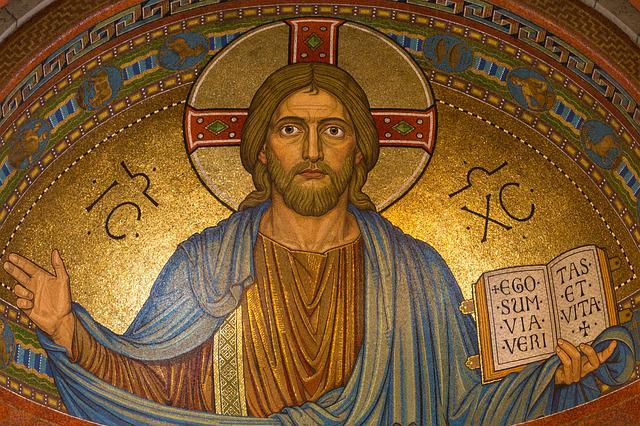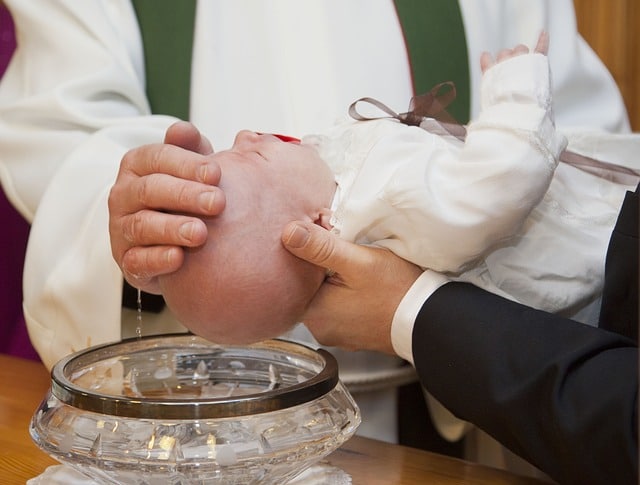
It is through divine grace that someone can be sanctified.
Sanctify is a verb that comes from the Late Latin sanctificāre . The term can be used in different ways, generally linked to religion .
Elevate to a special position
The action of sanctifying can consist of making someone a saint through grace. The process can be applied to an event or a thing, elevating what is sanctified to a special position.
What is sanctified, in this framework, becomes venerable . This also happens with that which was in contact with a saint or that developed in his presence. Sanctify, on the other hand, implies the recognition of the saint, with which honors are paid to him.
When the pope declares a blessed person a saint, he sanctifies him. In this way, by sanctifying someone, you allow their worship in the Catholic Church .
The canonization
It can be said that sanctifying is the final stage of the canonization process . There are several ways recognized by the Church to justify canonization , such as martyrdom, heroism or exceptional causes.
The prior instance to sanctification is beatification . The blessed was already recognized as a servant of God and as venerable ; The Pope, by certifying his moral and spiritual virtues, beatifies him through a Eucharistic celebration.
If it is later decided to sanctify the blessed, he is transformed into a saint (that is, he is added to the saints' list ). Thus, a liturgical feast is assigned to the saint, who can be worshiped. Furthermore, it is admitted that the saint has the ability to intercede before God .
Saint Teresa of Calcutta , for example, was canonized by Pope Francis . The official declaration that allowed the Albanian nun to be sanctified was carried out in 2016 .
For Methodism
According to the founder of the Methodist movement, John Wesley , there is entire sanctification , which is adopted by the Salvation Army and the Church of the Nazarene, among others in the Holiness movement, and Christian perfection , which we find in the Methodist Church of Great Britain. and that of the United States, among other mainstream Methodists.
This doctrine maintains that a Christian can be freed from original sin through the grace of God, although this is not possible for everyone. It is provided by the blood of Christ to his believers and its effect is instantaneous, but genuine faith is necessary to receive it.
Methodism recognizes this way of sanctifying people as an extensive process that gives them the opportunity to be "healed" from the distorted worldview imposed on them by sin. Furthermore, consider that without going through this process it is not possible to see Jesus Christ.

Original sin is the first negative influence that eliminates sanctification.
Evangelical Christianity
A movement that is part of Protestant Christianity and maintains that faith in the atonement of Christ, which saves us from sin, is the primary basis of the gospel, is known as evangelical Christianity , evangelicalism or evangelical Protestantism . For this movement, there are two positions regarding sanctification: the progressive and the positional . Regarding the first, it is the one that is carried out through divine grace, in the first moment, and the decisions that the person makes in adulthood.
This is the position taken by Baptist churches, among other evangelical denominations, and certain Pentecostals, such as the Foursquare Church and the Assemblies of God. With respect to positional sanctification, it is that which is carried out completely at the moment of birth , so that the person's future decisions do not affect it. Such is the position taken by the Cleveland Church of God, Church of God in Christ , International Pentecostal Holiness Church , and other Pentecostal denominations.
